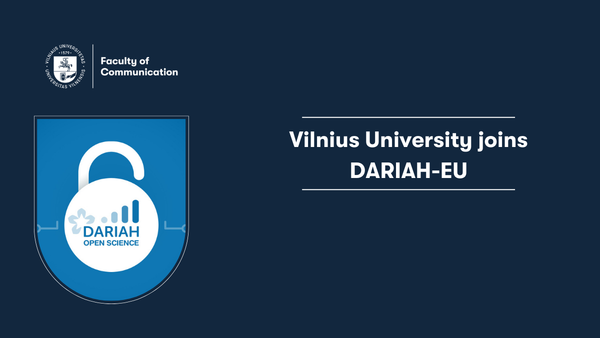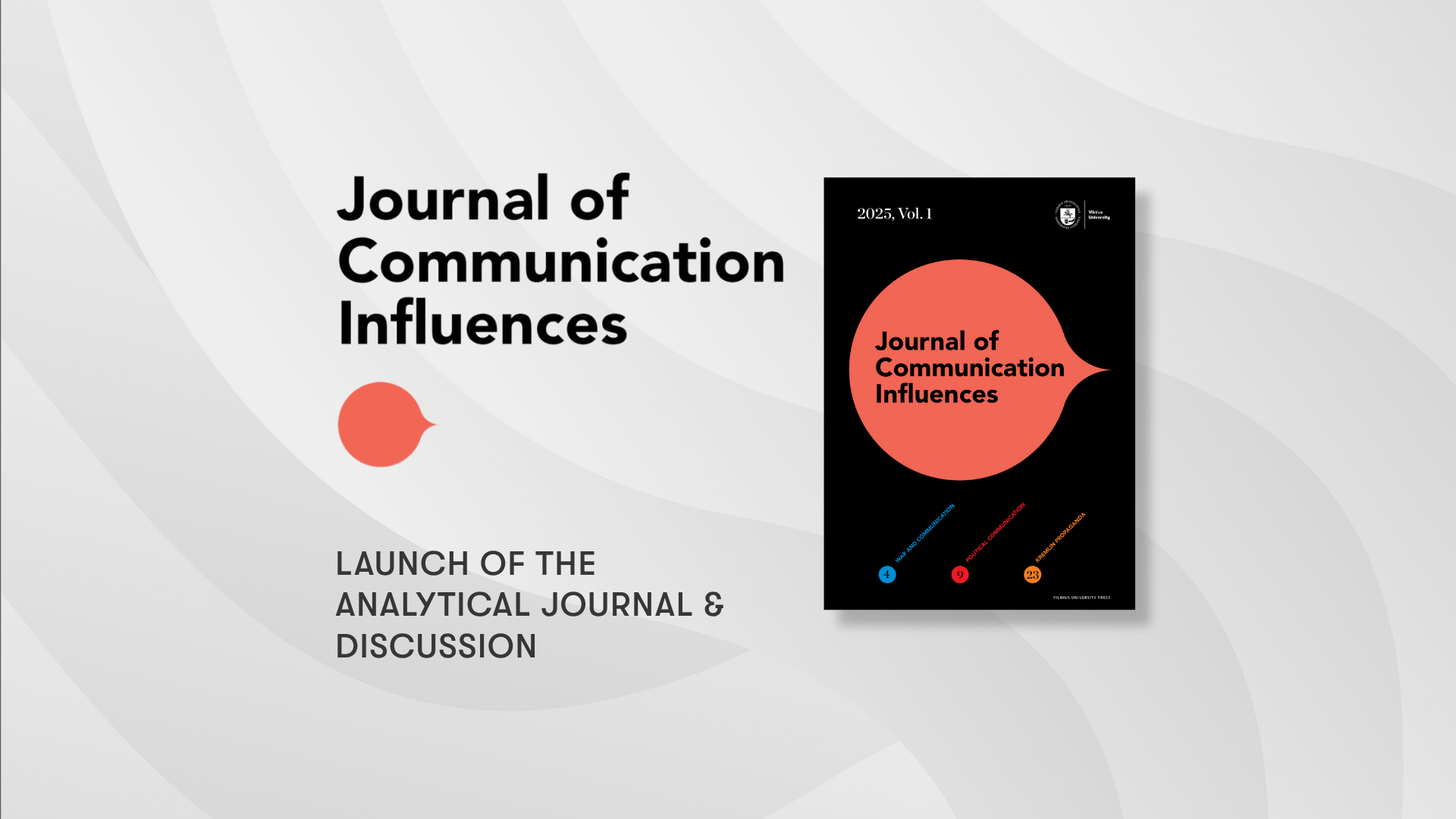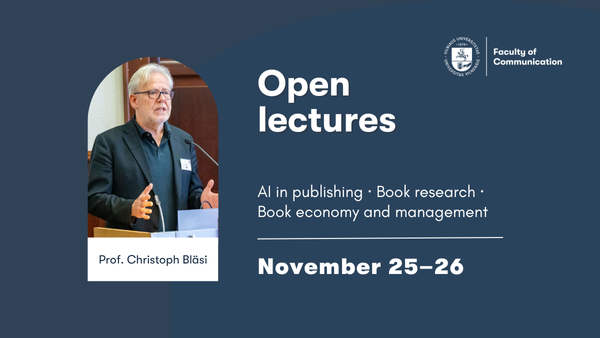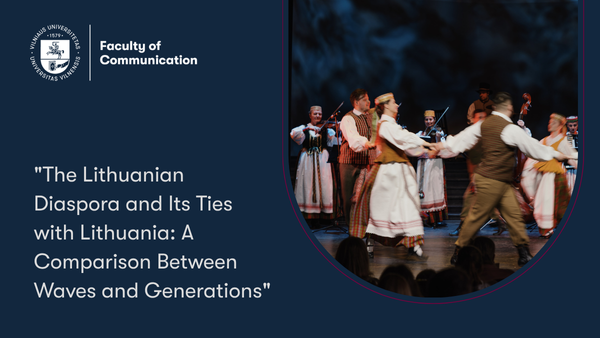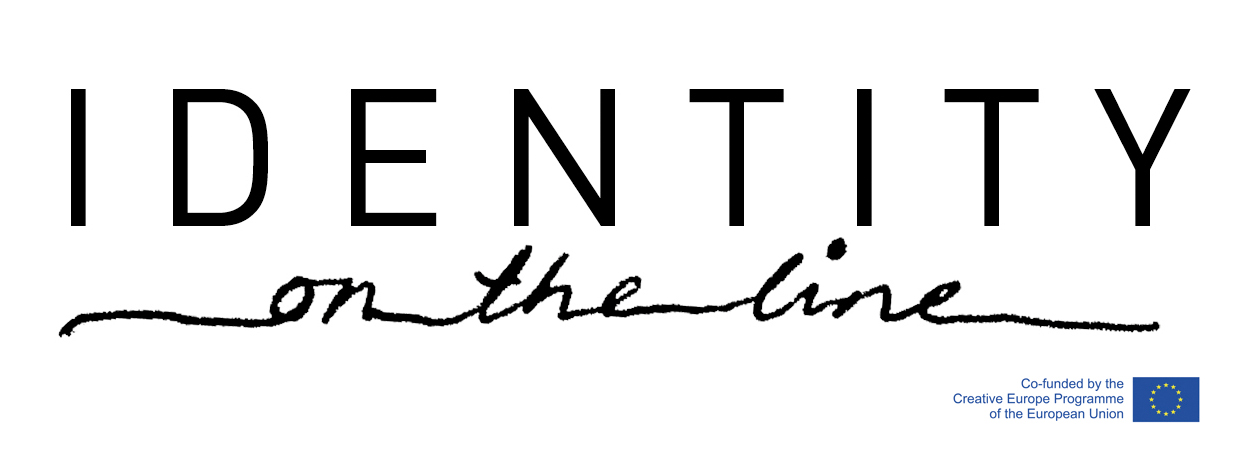Project description
Identity on the Line (I-ON) is a large-scale cooperation project between six cultural history museums and one university from seven European countries. Our goal is to explore the long-term consequences of different migration processes, forced or voluntary, which took place in Europe over the last 100 years. Through the collection and dissemination of experiences from former migrants and their descendants, summarized and placed in factual historical contexts, we will unfold and transmit common features of migration from past to future generations. What does migration mean for one’s feeling of belonging or not-belonging, and in which ways does migration affect the feeling of identity of all touched by it?
Seven migration processes will be studied, and in sum, they will cover soldiers and children of war, indigenous people, Greenlanders within the Danish society, internally displaced peoples due to war, multi-ethnic inhabitants emigrating and their descendants searching for roots, and a mixed group of migrants collectively deprived of their identities and basic human rights. Each of the partners will produce an exhibition in their own country, always focusing on the best possible cooperation with their informants and working in line with high ethical standards. Thereafter, excerpts from key interviews and a summary of core aspects of each migration process and its consequences, will be used to produce a joint exhibition, school packages and publications which will be made available for free in several European countries.
During the implementation of Lithuanian project, interviews with the Holocaust survivors and their descendants, who are the participants of forced or voluntary migration processes, a will be conducted. The main goal of the project is to investigate the experiences of this group and find out how the traumatic memories are passed (or not) from one generation to another as well as to present the results of the research in the traveling exhibition. This kind of research and discussions are demanded by the poor communication of historical traumas in nowadays Lithuanian society: some difficult topics, such as the experience of sexual exploitation of Holocaust survivors’ women, have not been presented so far. There is also a lack of general reflection on the integration of Holocaust survivors into post-war totalitarian society. An attempt to talk about the experiences of those, who participated in the Holocaust, and their (as well as their families’) attempt to regain normal life after participation in the massacre is also generating fierce public reaction. The actualisation of migration processes and transmission of traumatic memory, caused by Holocaust, in the European context will help to understand the motives of different peoples’ decisions and will give voice to the silent and traumatic memories. This research will help to analyse the challenges of nowadays migration processes and will contribute to the development of regional narrative as well as its’ integration to the context of European cultural heritage by showing miscellaneous links and possibilities to expand the boundaries of knowledge.
Project duration: 2019-2023
Participation in the project is funded by Lithuanian Council for Culture.
More about the project:
https://facebook.com/IdentityOnTheLine/
http://i-on.museum/about/

